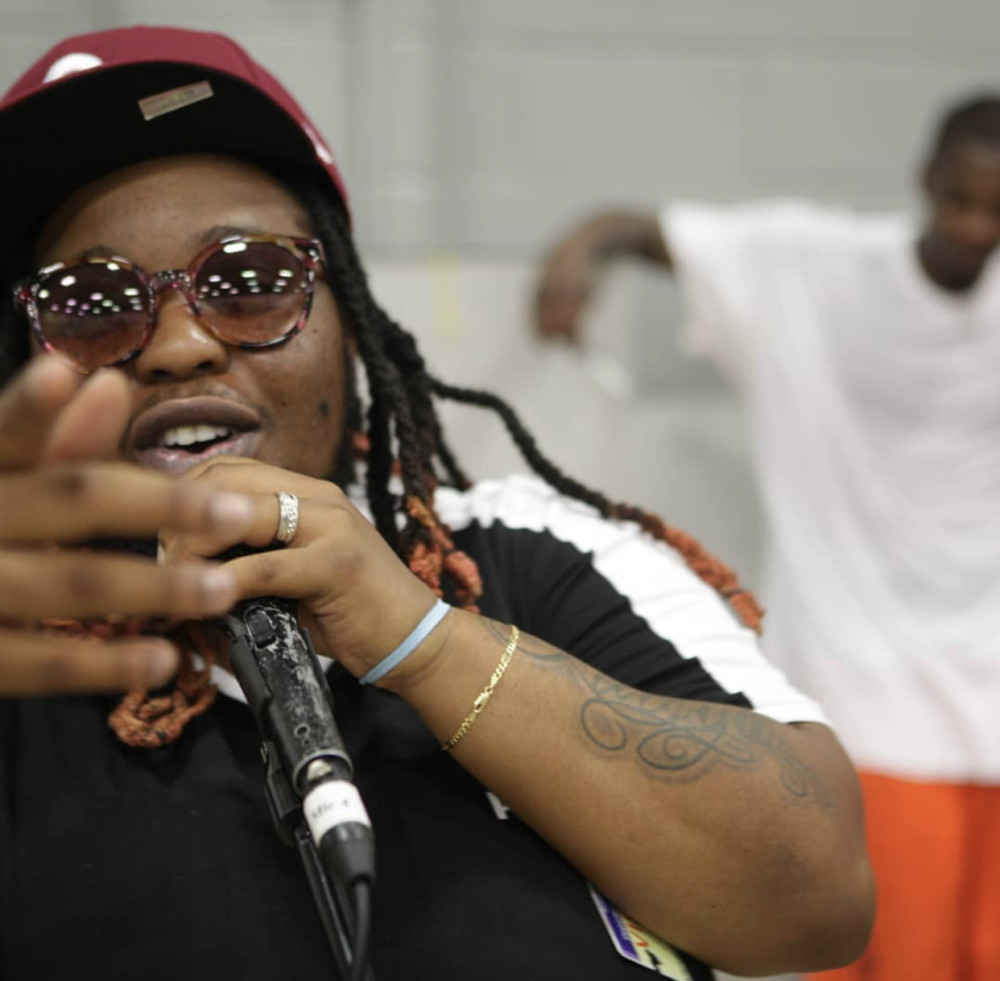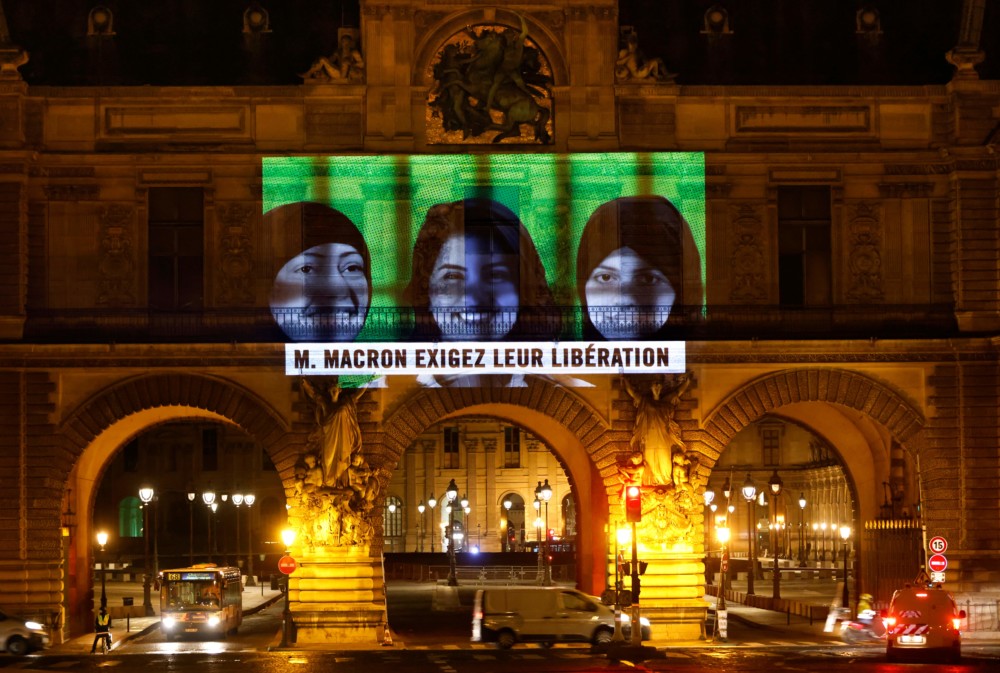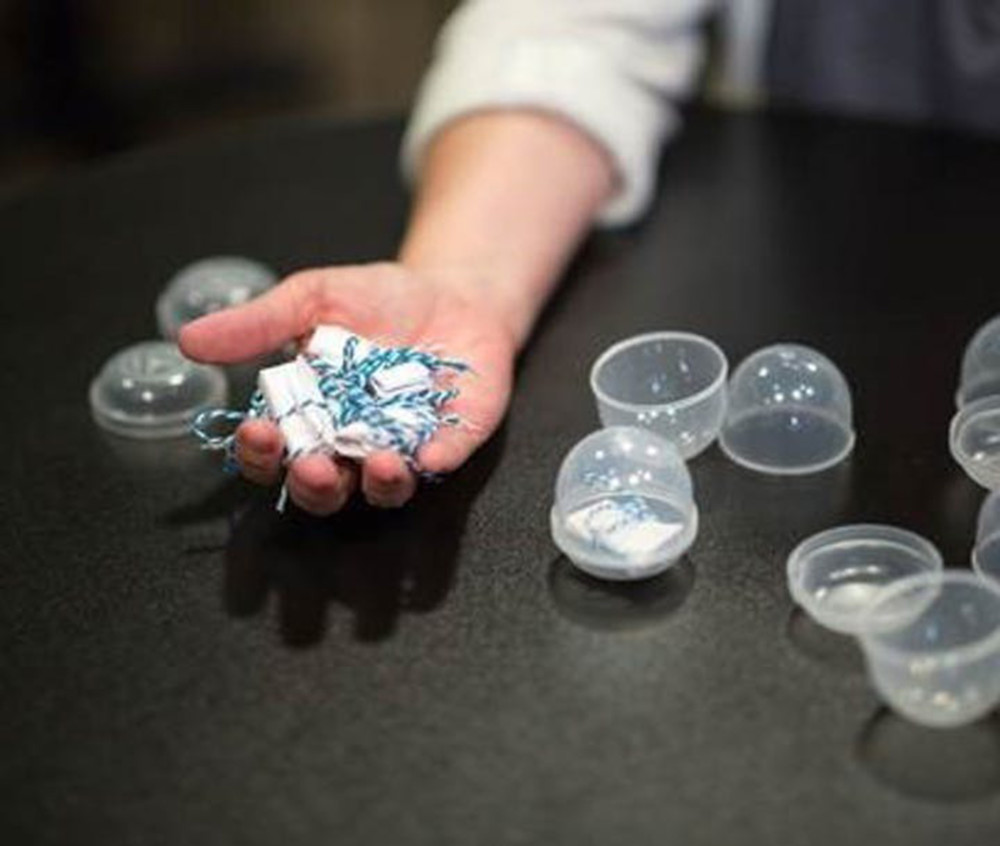By Stephanie Farr
The Philadelphia Inquirer
WWR Article Summary (tl;dr) Meet BL Shirelle, a rapper, market research supervisor, and deputy director of Die Jim Crow Records.
Philadelphia
-Philly fortitude: “The City of Brotherly Love is almost an oxymoron because we are so tough on our own. But it makes us stronger. And it works out.”
-On her shootout with police: “The incident, no matter how I replay it in my mind, it always replays the same way. He didn’t say he was a cop. I can’t see it happening any other way unless I end up dead.”
___
Before everything else, came the poetry.
BL Shirelle was 5 when she began writing poems, stringing words together to try and make sense of her life in Philadelphia.
At the age of 12, she started selling crack and carrying a gun. And just weeks after turning 18, she got into a shootout with an undercover cop.
“That’s when I thought my life was over, for sure,” she said.
But this year, for the first time in her adult life, Shirelle, 32, of Northeast Philly, is free of the criminal justice system, after completing her parole in March. She’s now a supervisor at a market research company and deputy director of Die Jim Crow Records, the first non-profit record label for current and former inmates. She’s also the label’s first solo artist.
Shirelle’s record, ASSATA TROI, in which she passionately and poetically raps about her experiences as a gay black woman in Philly and in prison, was released on Juneteenth.
“I wanted to release it on a day that represents freedom, because at this point, I’m free,” she said.
Shirelle, whose real name is Monique Mull, grew up in Germantown with her three siblings and her mother, who was addicted to crack. Sometimes her mom would disappear for days and Shirelle would have to walk to the nearby church to get food for her siblings.
When Shirelle began selling crack, sometimes with her mom and sometimes to her mom, she started carrying a gun for protection. She lived in a world where it felt normal. She lived in Philadelphia.
In 2005, Shirelle’s mom (with whom she now has a “beautiful relationship”) got sober, but Shirelle wasn’t ready yet. That year, she was in a house in Germantown when she heard men arguing outside. Shirelle said she went to defuse the fight when one of the men, whom Shirelle later learned was an undercover cop, pulled out a weapon.
She pulled her gun and both began firing. Other men appeared and also began shooting at her, she said. The bullets seemed “never ending.” She thought it was a hit.
“When I saw the (police cruiser) lights I was happy the cops was there, that’s how bad it was,” she said. “I was like ‘Damn! Whoever these people was they are some killers!'”
Shirelle was shot in her back and her leg. No police officers were injured. She said she was cuffed, stomped, and beaten with nightsticks.
“When they lifted me up and put me on the stretcher, that’s when I saw the man I engaged in the fight with crying with a badge hanging around his neck,” she said.
Shirelle was sentenced to six years in prison.
While incarcerated in SCI Cambridge Springs, Shirelle met her wife, Latoya Ross, and learned how to do fiber optics. But when Shirelle was released in 2011, the only job she could find was at McDonald’s.
Embarrassed and frustrated, Shirelle went back to selling drugs. Her wife, who had started a successful career as an optician, was in the car with her when she was pulled over. Both were on parole. Both were sentenced to prison again for three years.
“I started to see how much destruction one act causes,” Shirelle said.
During her incarceration at SCI Muncy, Shirelle created a song for a TedX event at the prison with a band she called BL Shirelle (BL is short for “Bearded Lady,” a nickname Shirelle got in prison. Shirelle is her middle name). When she was released in 2015, Shirelle took the name as her own, since the video had more than 5,000 views on YouTube.
One of the people who saw the video was Fury Young, a carpenter-turned-producer based in New York City who was making an album with current and former inmates called Die Jim Crow. Shirelle participated on the album, which was released in 2016. That album spurred the creation of the Die Jim Crow Records label, which was launched this year.
“My main goal is always, number one, deliver great music,” Shirelle said of the label’s mission. “My second goal is to humanize people who are dehumanized for being incarcerated.”
Releasing her own album this year was tough, Shirelle said. First, she was paralyzed by fear of the coronavirus. Then, she was struck by guilt that she survived her encounter with police when George Floyd, Breonna Taylor, and so many others have not.
But Shirelle turned her pain into productivity. Die Jim Crow Records has raised more than $16,000 to distribute PPE materials to prisoners across the country and Shirelle has participated in several Black Lives Matter protests.
She also speaks about her experiences at colleges and conferences, typically to people who can’t relate to her.
“I’m here to make people as uncomfortable as possible,” she said. “And I am not an angry black woman. That’s a narrative going around. We are warriors and warriors fight.”
___
Distributed by Tribune Content Agency, LLC.

















































































































































































































































































































































































